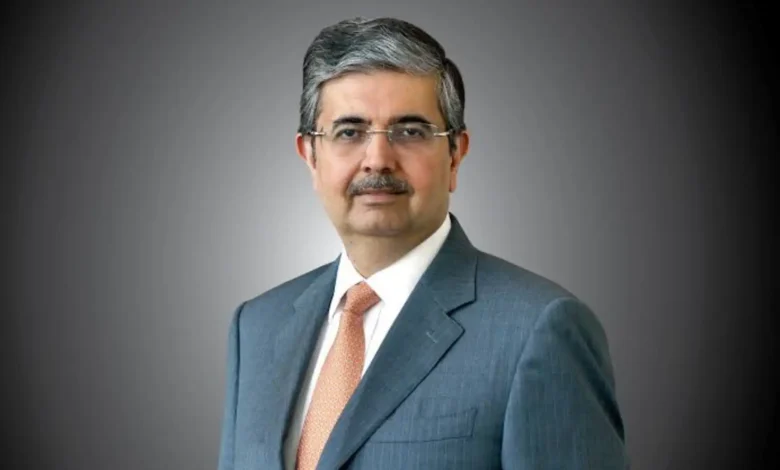Uday Kotak welcomes opening up of Indian Banking Sector to Foreign Players

Veteran banker Uday Kotak has welcomed the government’s decision to allow global financial institutions to hold a majority stake in India’s banking sector. In a post on social media platform X (formerly Twitter), Kotak said that this step, combined with proper safeguards to prevent conflicts of interest and ensure a level playing field, will “unleash capacity to serve India’s aspirations.” Calling it an “exciting time” for the Indian banking industry, Kotak’s statement reflects optimism about the potential growth and modernization that increased global participation could bring to the sector.
Recently, Foreign Banks have purchased stake in RBL Bank and YES Bank. Emirates NBD Bank has decided to invest ₹26,853 crore to acquire a majority stake in RBL Bank, subject to regulatory approvals. The proposal depends on shareholder approval and necessary regulatory clearances from authorities such as the Reserve Bank of India, DPIIT, CCEA, Stock Exchanges, and CCI, along with other agreed conditions in the Investment Agreement.
This is the second incident in which foreign banks have invested large amounts of funds in Indian private sector banks. Earlier, Sumitomo Mitsui Banking Corporation (SMBC) of Japan acquired an additional 4.22% stake in the Mumbai-based bank. With the acquisition, SMBC’s stake in Yes Bank has increased from 20% to 24.22%. SMBC acquired 132.39 crore shares via off-market sale on September 22. With the acquisition, the total holding of the Japanese entity in the bank rose to 759.51 crore shares. With this transaction, SMBC has become Yes Bank‘s largest shareholder, while SBI continues to hold a significant stake of over 10%.
This shows that Foreign Banks are interested in acquiring stake in Indian Banks. Opening Indian Banking Sector to Foreign Players seems to be a good option to raise funds. Opening the Indian banking sector to foreign players can bring both opportunities and challenges. On the positive side, allowing global financial institutions to hold a majority stake can attract large-scale investments, bring advanced technology, improve efficiency, and enhance customer service standards.
It can also increase competition, pushing domestic banks to innovate and become more transparent and efficient. However, it also requires strong regulatory oversight to prevent conflicts of interest and ensure that foreign dominance does not compromise national financial stability or the interests of local players. With the right balance of openness and safeguards, this move can significantly strengthen India’s banking ecosystem and support its growing economic ambitions.
